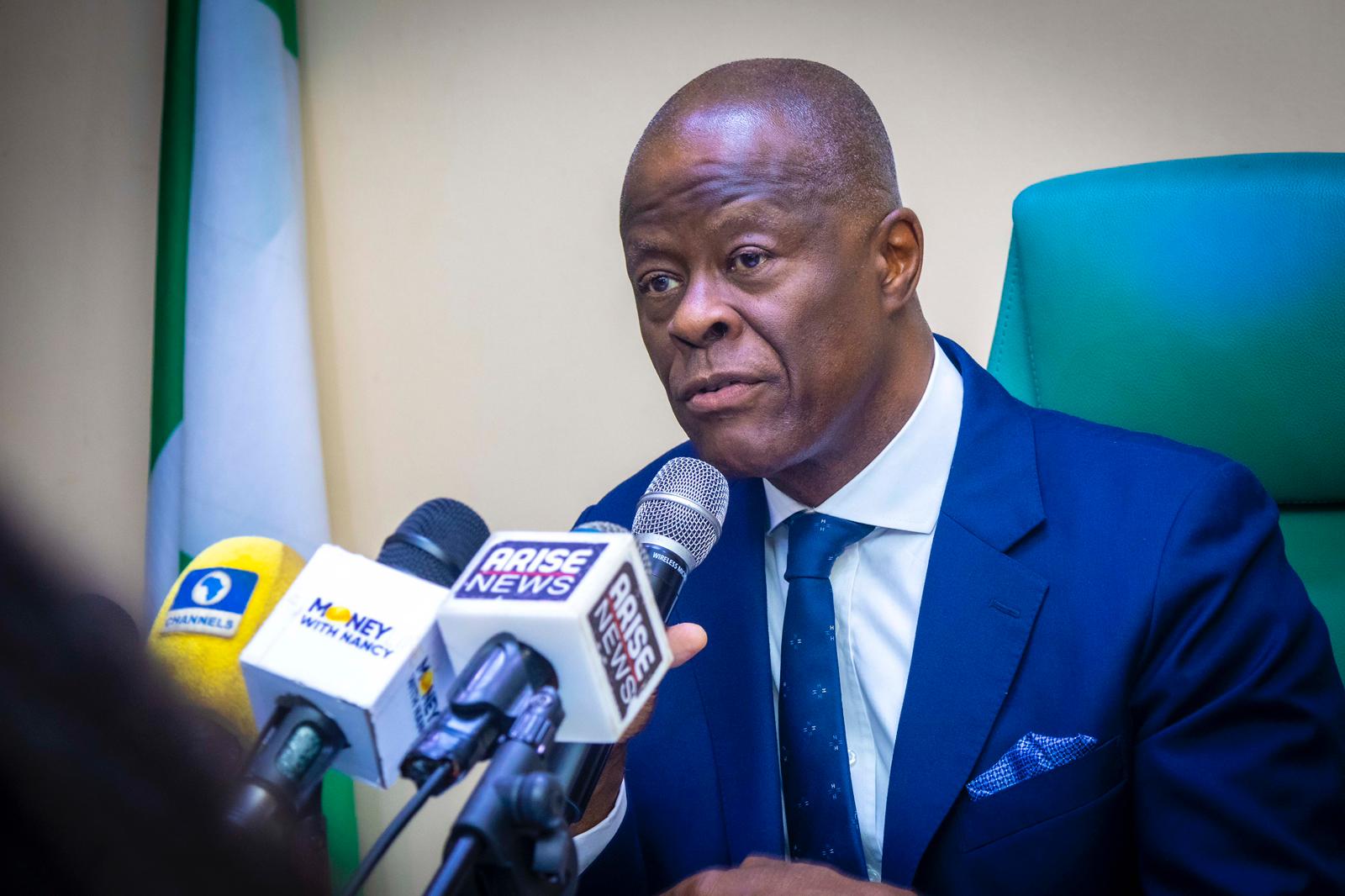FG Clarifies 5% Fuel Surcharge, Highlights Tax Reform For Economic Stability

•By Admin

ABUJA – The Federal Government of Nigeria has moved to address public concerns regarding the 5% fuel surcharge referenced in the Nigeria Tax Administration Act, 2025, emphasizing that it is not a new tax but a pre-existing provision aimed at funding road infrastructure.
During a media briefing in Abuja, the Honourable Minister of Finance and Coordinating Minister of the Economy, Mr. Wale Edun, reiterated the government’s commitment to macroeconomic stability, private sector-led growth, and transparent fiscal management.
Minister Edun clarified that the fuel surcharge, originally introduced under the Federal Roads Maintenance Agency (FERMA) Amendment Act of 2007, allocates 40% of its proceeds to FERMA and 60% to State Road Maintenance Agencies.


According to a statement signed by,
Mohammed Manga, Director, Information and Public Relations in the Ministry of Finance , Its inclusion in the 2025 Tax Administration Act is part of an effort to harmonize existing tax provisions within a modernized legal framework, rather than imposing a new levy.
This statement noted that this clarification aligns with earlier statements from the Presidency and Mr. Taiwo Oyedele, Chairman of the Presidential Committee on Fiscal Policy and Tax Reforms.
The Minister also highlighted the transformative impact of the Nigeria Tax Administration Act, 2025, signed into law by President Bola Ahmed Tinubu in June 2025.
Described as Nigeria’s most comprehensive tax reform to date, the Act consolidates over 50 overlapping taxes into a single, streamlined framework. It aims to simplify compliance, enhance revenue administration efficiency, and attract private investment.
The Act is set to take effect on January 1, 2026, allowing time for institutional restructuring, capacity building, and stakeholder consultations to ensure smooth implementation.
“This is not just another law; it is a catalyst for growth,” Edun stated, emphasizing the need for careful planning and phased execution to maximize benefits for Nigerians without causing disruptions. Preparations are already underway, including harmonizing tax processes across government agencies, designing a framework for a Tax Ombudsman, and engaging subnational governments to strengthen revenue coordination.
Edun underscored President Tinubu’s economic vision, which prioritizes private sector-driven growth with the government acting as an enabler. Key priorities include creating a stable macroeconomic environment to drive investment, productivity, and job creation, as well as strengthening government savings to fund critical sectors like education, healthcare, infrastructure, and technology.
Addressing public concerns, the Minister acknowledged the economic challenges facing Nigerians and reaffirmed the government’s sensitivity to these issues.
He emphasized that the reforms are designed to simplify taxes, improve compliance, and eliminate revenue leakages, ultimately creating an economy that benefits all citizens.
“Macroeconomic stability is our top priority, and every policy decision is guided by the need to ease pressures on households and businesses while laying the foundations for long-term prosperity,” Edun said.
The Minister also assured Nigerians of the government’s commitment to ongoing engagement with stakeholders and the public as the reforms progress.


He expressed confidence that these efforts will translate into tangible improvements, including more jobs, higher incomes, and better public services, fostering an economy that works for everyone.
•INDEPENDENTNG.

